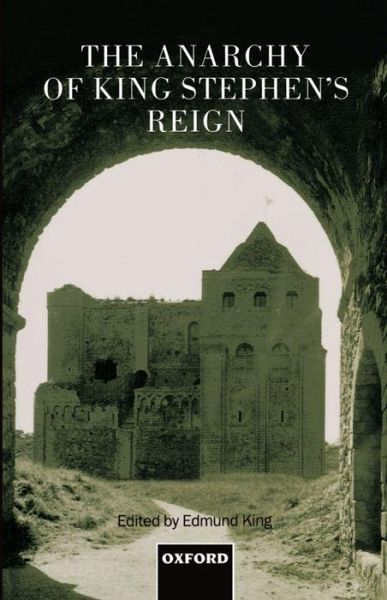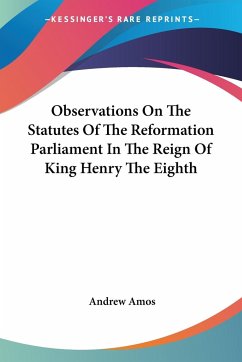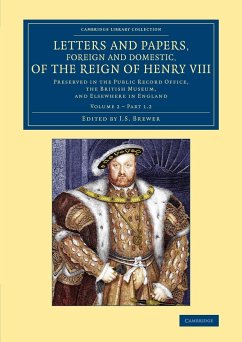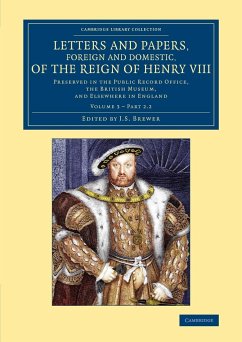
The Anarchy of King Stephen's Reign
Versandkostenfrei!
Versandfertig in 1-2 Wochen
217,99 €
inkl. MwSt.

PAYBACK Punkte
109 °P sammeln!
The reign of King Stephen (1135-54) is famous as a period of weak government, as Stephen and his rival the Empress Matilda contended for power. A contemporary chronicler described it as 'nineteen long winters in which Christ and his saints were asleep'. Historians today refer to it simply as 'The Anarchy'. This is a study of medieval kingship at its most vulnerable. It also shows how individuals and institutions enabled the monarchy to survive. The weakness of government was the result of a disputed succession. Stephen lost control over Normandy, the Welsh marches, and much of the North. Conte...
The reign of King Stephen (1135-54) is famous as a period of weak government, as Stephen and his rival the Empress Matilda contended for power. A contemporary chronicler described it as 'nineteen long winters in which Christ and his saints were asleep'. Historians today refer to it simply as 'The Anarchy'. This is a study of medieval kingship at its most vulnerable. It also shows how individuals and institutions enabled the monarchy to survive. The weakness of government was the result of a disputed succession. Stephen lost control over Normandy, the Welsh marches, and much of the North. Contemporaries noted as signs of weakness the tyranny of the lords of castles, and the break-down of coinage. Stephen remained king for his lifetime, but leading churchmen and laymen negotiated a settlement whereby the crown passed to the Empress's son, the future Henry II. This volume by leading scholars gives an original and up-to-date analysis of these major themes, and explains how the English monarchy was able to survive the Anarchy of King Stephen's reign.












